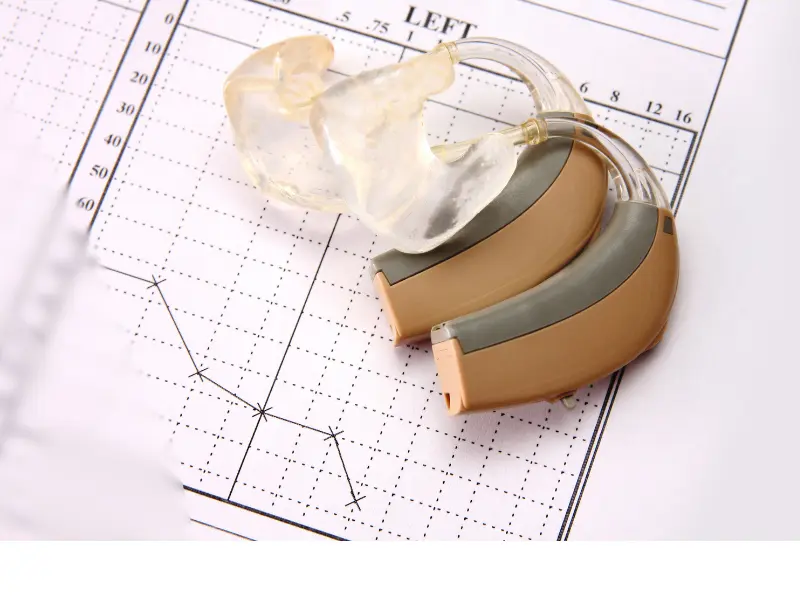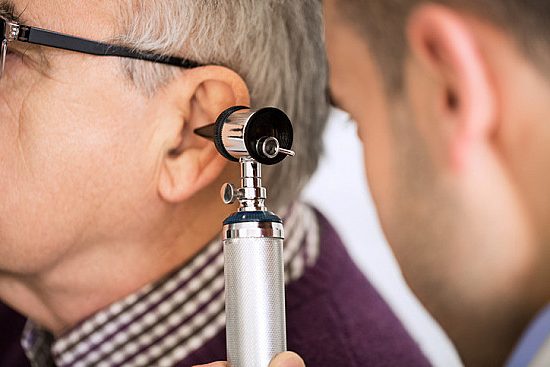WHICH HEARING AID SUITS YOU?
WHICH HEARING AID SUITS YOU?

WHICH HEARING AID SUITS YOU?
Hearing aids vary by need. Choose based on your hearing loss, budget, and lifestyle.

What’s the best hearing aid in 2024?
There’s no single answer to that question. The ideal hearing aid is one that meets your unique hearing needs and personal preferences.
We’ll also consider your budget and lifestyle to ensure you get a hearing solution tailored specifically to you. When searching for the best hearing aid, keep these factors in mind:
- Significantly improving your hearing ability
- A discreet style
- Good value for money
- Comfort

Enhance a your hearing significantly
There’s no single answer to that question. The ideal hearing aid is one that meets your unique hearing needs and personal preferences.
We’ll also consider your budget and lifestyle to ensure you get a hearing solution tailored specifically to you. When searching for the best hearing aid, keep these factors in mind:
- Significantly improving your hearing ability
- A discreet style
- Good value for money
- Comfort
Enhance a your hearing significantly
Manufacturers focus on advancing hearing aid technology to mimic normal hearing.
When choosing a hearing aid, look for one that:
- Delivers clear speech in noisy settings
- Provides full sound access
- Helps you focus on specific sounds
- Offers a 360-degree sound experience
- Reduces mental strain


Schedule a Complimentary In-Clinic Hearing Test
Manufacturers focus on advancing hearing aid technology to mimic normal hearing.
When choosing a hearing aid, look for one that:
- Delivers clear speech in noisy settings
- Provides full sound access
- Helps you focus on specific sounds
- Offers a 360-degree sound experience
- Reduces mental strain
The most discreet hearing aids
Modern hearing aids are more discreet than ever, including behind-the-ear models that are hard to spot. Some are now so small they’re nearly invisible, sitting inside the ear canal and barely noticeable to others.
The most discreet hearing aids
Modern hearing aids are more discreet than ever, including behind-the-ear models that are hard to spot. Some are now so small they’re nearly invisible, sitting inside the ear canal and barely noticeable to others.
Best value for money
Price is a crucial factor when selecting a hearing aid. It’s important to find a solution that fits your budget, but also ensures you’re getting the highest quality possible.


Best value for money
Price is a crucial factor when selecting a hearing aid. It’s important to find a solution that fits your budget, but also ensures you’re getting the highest quality possible.

The most comfortable fit
A comfortable hearing aid ensures you get the most from it, seamlessly integrating into your daily routine.
Consider these factors for comfort:
- The shape of your ear canal influences whether in-the-ear or behind-the-ear hearing aids will suit you best.
- Digital hearing aids provide optimal comfort by supporting your brain’s natural sound processing, unlike amplifiers that simply increase volume.

The most comfortable fit
A comfortable hearing aid ensures you get the most from it, seamlessly integrating into your daily routine.
Consider these factors for comfort:
- The shape of your ear canal influences whether in-the-ear or behind-the-ear hearing aids will suit you best.
- Digital hearing aids provide optimal comfort by supporting your brain’s natural sound processing, unlike amplifiers that simply increase volume.
Did you know?
FAQS ABOUT WHICH HEARING AID SUITS YOU
Consider your degree of hearing loss, lifestyle, budget, and personal preferences. The hearing aid should fit comfortably and provide the features you need, such as noise reduction or connectivity.
The style depends on your ear shape, hearing needs, and preference for visibility. Options include behind-the-ear (BTE), in-the-ear (ITE), and completely-in-the-canal (CIC) models.
Yes, digital hearing aids offer advanced features like sound processing and noise reduction, which can provide a more natural and customized hearing experience compared to analog models.
Choose a hearing aid that fits your ear shape well and consider getting a professional fitting. Comfort also depends on the device’s design and whether it supports your brain’s natural sound processing.
Try out several models to see which one fits your hearing needs and preferences. Many clinics offer free trials or fittings to help you find the most suitable option.





